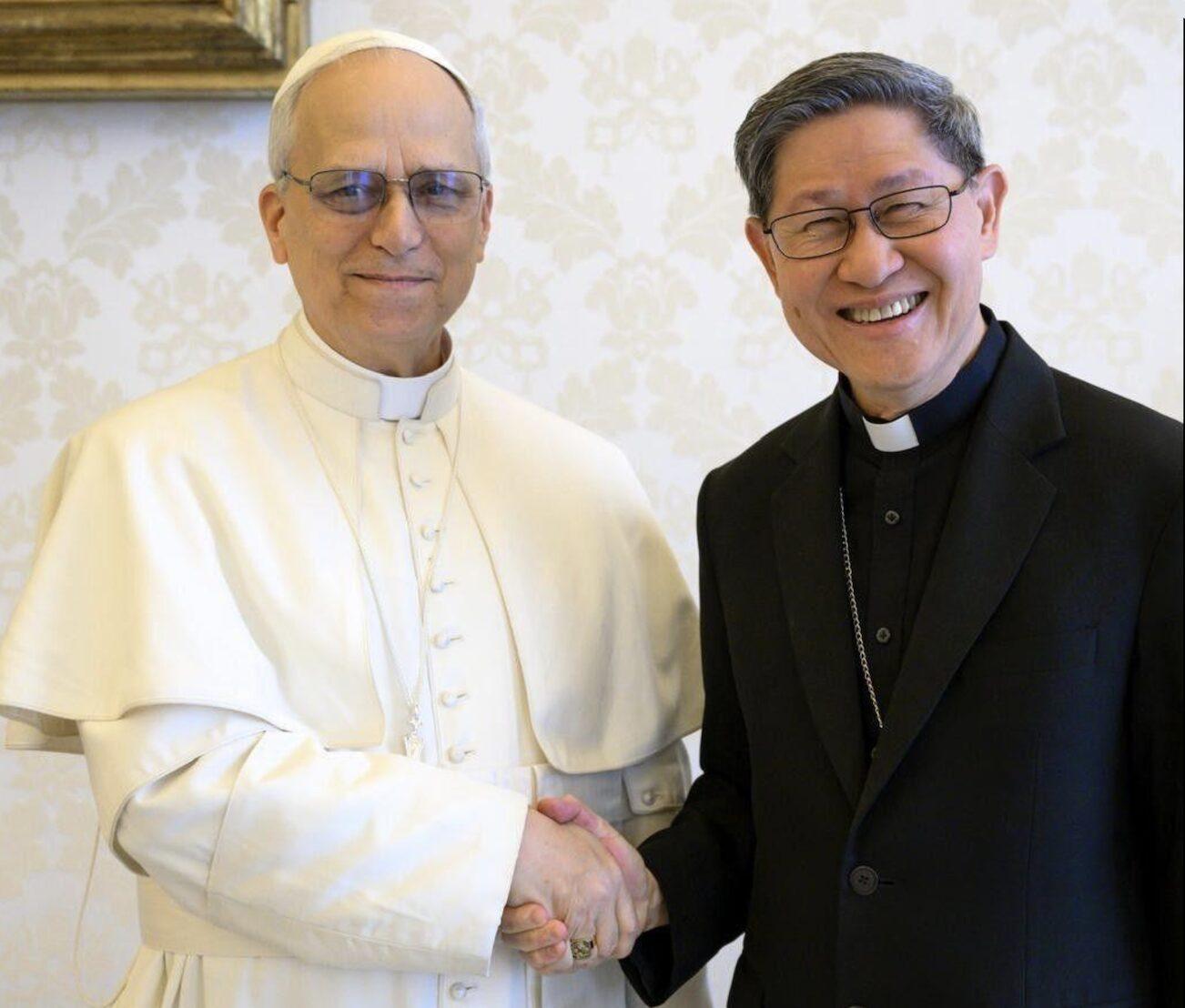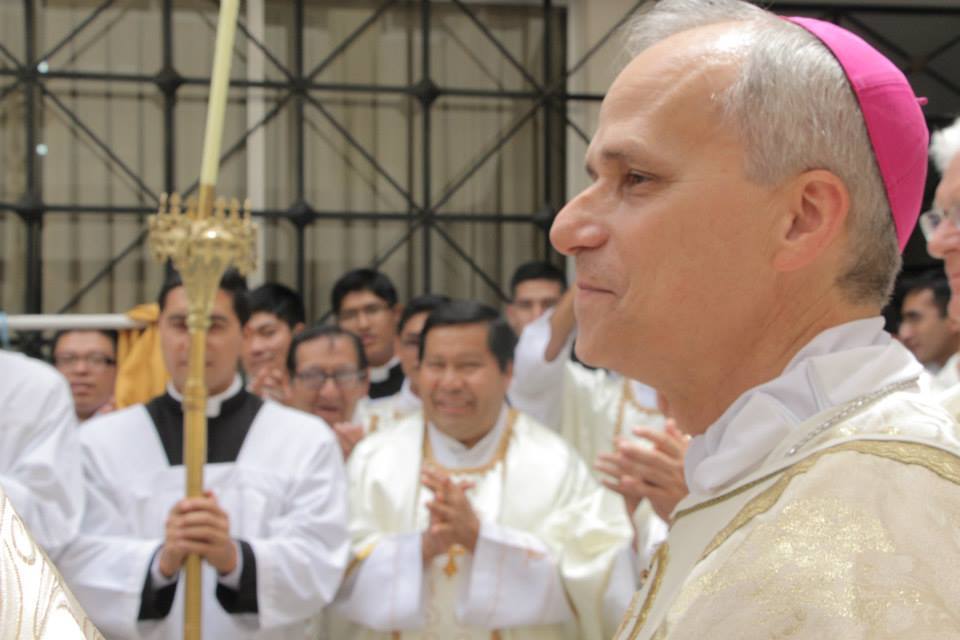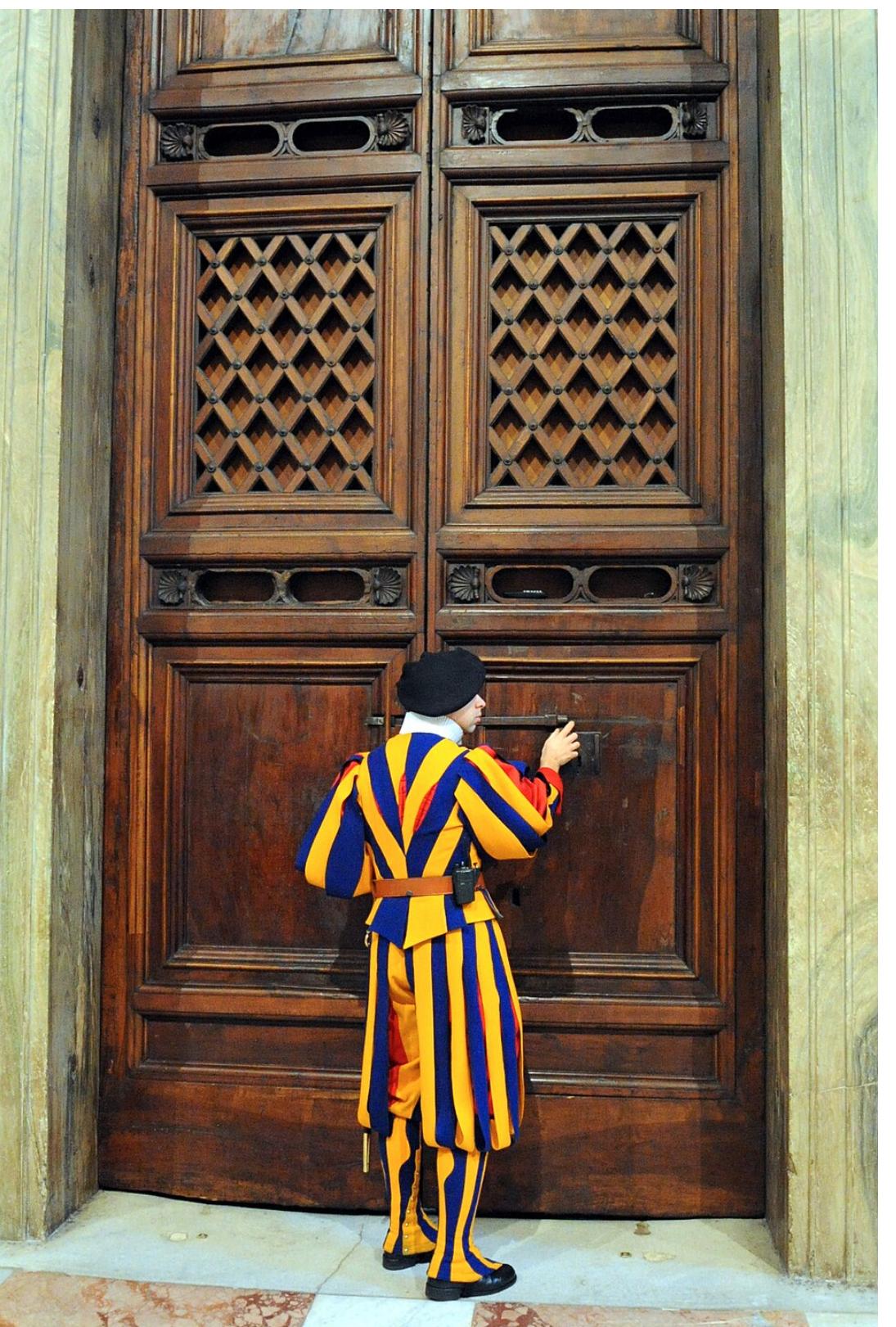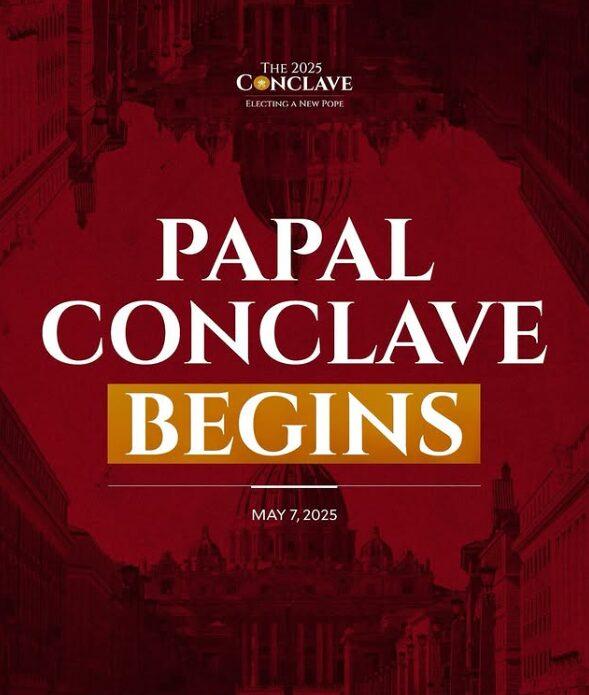AFTER a two-day manhunt across the French countryside, police have confirmed the deaths of two terror suspects responsible for the Jan. 7 attack on a satirical newspaper in Paris.
French-Algerian brothers Cherif Kouachi, 32, Said Kouachi, 34, were cornered by police in a printing warehouse on Friday evening, Jan. 9, in the northern village of Dammartin-en-Goele, a commune about 22 miles northeast of Paris. After an hours-long, relatively calm standoff, security forces closed in around the warehouse and killed the brothers, who came out firing and were holding one man hostage.
Small explosions and automatic gunfire were heard for a few minutes during the raid. One French policeman was slightly injured. The hostage was freed and rescued safely.
The Kouachi brothers ambushed and massacred 12 people at the Charlie Hebdo newspaper offices on Wednesday morning, escaping in a stolen car while officials relentlessly chased them around the country. The brothers reportedly robbed a gas station and then hijacked another car in the town of Montagny-Sainte-Felicite, exchanging fire with officers before traveling north to Dammartin-en-Goele.
During the high-speed manhunt, France raised its security alert to the highest level.
In public videos released by France Télévisions, cries of “Allahu akbar!” (Arabic for “God is great!”), and “We have avenged the Prophet Muhammad!” were heard among the gunshots. Officials report the brothers were linked with the Islamic terrorist group al-Qaeda.
A third accomplice to the deadly newspaper attack, 18-year-old Hamyd Mourad, turned himself into the police hours later, early Thursday.
“We are almost certain it is those two individuals holed up in that building,” Interior Ministry spokesman Pierree-Henry Brandet announced earlier on French television, upon discovery of the Kouachis’ whereabouts.
At the same time of the warehouse raid, security forces in eastern Paris stormed a kosher supermarket in Porte de Vincennes, where a third gunman suspect had seized hostages he threatened to kill if police stormed the printing plant in Dammartin-en-Goele.
Many of the hostages holed up in the Jewish grocery store included families, women with young children, and a 20-year-old female student who called her uncle from the basement in a panic, before anti-terrorism forces raided the building.
The timed police assaults were coordinated after the gunman, identified as 32-year-old Amedy Coulibaly, made the threats.
Loud explosions signaled the supermarket raid, where Coulibaly was killed by anti-terror forces. Four of the captives were killed prior to the assault, and four were seriously injured. BBC reported fifteen hostages were freed alive after the police rescue operation, and two officers were injured.
French officials and President Francois Hollande described the events as “a tragedy for the nation.”
On the run since Jan. 8, Coulibaly was suspected of fatally shooting Paris policewoman Clarissa Jean-Philippe in Montrouge, a suburb less than three miles from the center of Paris. Police were also looking for Coulibaly’s girlfriend, Hayat Boumeddiene, who remains at large.
It was known later that the gunman was linked to the Kouachi brothers, Agence France-Presse reported.
“We are sure that Coulibaly was in connection with the Kouachi brothers,” French police official Christophe Tirante said. “They knew each other and met several times. They are from the same generation.”
The attackers all had ties to each other and to terrorism that reached back years, and extended from France to the Middle East. Media reported them as “Islamic radicals who trained abroad and came home to stage attacks.”
The Kouachi brothers were on a US no-fly watch list, according to an anonymous US official. One of them, Said, reportedly traveled to Yemen in 2011 and fought for al-Qaeda at the height of the group’s offensive.
Witnesses to the assault at the Charlie Hebdo offices said Said also claimed allegiance to and trained with the AQAP, the militant al-Qaeda branch in the Arabian Peninsula. His brother Cherif was also convicted of terrorism charges in 2008 for ties to a network sending jihads to fight US forces in Iraq.
A member connected with AQAP in Yemen, where Said was reported to have trained in 2011, told the Associated Press that the Paris massacre was indeed ordered by the militant terrorist organization, “as revenge for the honor of the Prophet Muhammad.” If confirmed, the attack would be the first time al-Qaeda’s branch in Yemen has successfully carried out an operation in the West, after at least two earlier attempts.
Shortly after the newspaper massacre, AQAP leader Sheikh Harith al-Nadhari did not directly claim responsibility, but issued a recording on the group’s Twitter feed commenting on the “blessed raid on Paris” and denouncing the “filthy, insulting French.” He praised the Mujahideen—the name of radical Islamic attackers engaged in violent Jihad—for their “heroism” and for “teaching them a lesson and the limits of freedom of speech.”
Parisians remained on edge as the two hostage-taking standoffs unfolded on Friday. Businesses and schools were shut down and evacuated as police continued operations.
French President Francois Hollande called for tolerance after the country’s worst terrorist attack since 1961, in the middle of the conflict over Algerian independence from France.
“France has been struck directly in the heart of its capital, in a place where the spirit of liberty—and thus, of resistance—breathed freely,” Hollande said.
Charlie Hebdo has been repeatedly threatened for its caricatures of the Prophet Muhammad, and other controversial sketches. In 2011, its offices were firebombed after a spoof issue featured a cartoon of the prophet making fun of Islamic law on its cover. Nearly a year later, the publication again published crude Muhammad caricatures, drawing criticisms from around the Muslim world.
The death of the 12 victims, including eight journalists and two police officers, sparked a global wave of support for the criticized French publication and its views.
People tweeted “Je suis Charlie,” or “I am Charlie,” in support of the magazine. Rallies of solidarity were conducted as news of the bloodshed spread, heightening security concerns around the world.
President Hollande, meanwhile, vowed on Twitter that “no barbaric act will ever extinguish freedom of the press.”
Charlie Hebdo planned to publish a special edition of its newspaper next week, produced in the offices of another paper. The surviving editors and staff have vowed not to let the deadly attack stop them from publishing their work, and increased production to 1 million copies from the usual 50,000 a week.
“I have come here to tell you that the newspaper will continue because they have not won and… [our newspaper staff] have not died in vain,” said Patrick Pelloux, a Charlie Hebdo contributor.
Late Friday afternoon, the US State Department issued “Worldwide Caution” alert to US citizens for France, Australia and Canada, citing the Paris attacks, a hostage standoff at a cafe in Sydney in December, and the October killing of a soldier in Canada.
(With reports from BBC, CBS News, USA Today, AP, ABC News, and Fox News)
(www.asianjournal.com)
(LA Weekend January 10-13, 2015 Sec. A pg.1)






In light of France’s terror attack, we should be cautious not to allow the media’s promotion of fear to prompt us to yield more power to the FBI, CIA, NSA, and other federal and state law enforcement agencies.
Perform an internet search of Romania’s secret police, the Securitate, for an example of law enforcement becoming a domestic terror agency.
The FBI has the power to put American citizens on the terrorist list, follow and harass them, and do so while by-passing any court of law. The FBI may go to a secret court for permission, but circumvent public courts where victims would otherwise have recourse to defend themselves before a jury of U.S. citizens.
And when FBI agents kills U.S. citizens, no outside independent agency investigates. Instead, an internal investigation is conducted within the FBI itself.
Historically, how often has the FBI found that it was at fault for killing an American citizen? The answer: zero.
So we have a federal agency that can arbitrarily place Americans on a terror list, follow and harass them, refuse to allow the citizens to challenge the actions before an American jury, and when a federal agent kills U.S. citizens, the FBI gets to investigate itself.
The FBI and other federal police do not only consist of law enforcement. There also exists cronyism, politics, relationships, and other characteristics that lead to Americans unscrupulously being placed on the terror list.
Many lessons of history inform us that ceding unbridled power to any agency or person leads to human rights abuses. With absolute power, federal and state law enforcement agencies that we entrust to protect us from terrorism will—much the same as Romania’s Securitate—become terrorists.